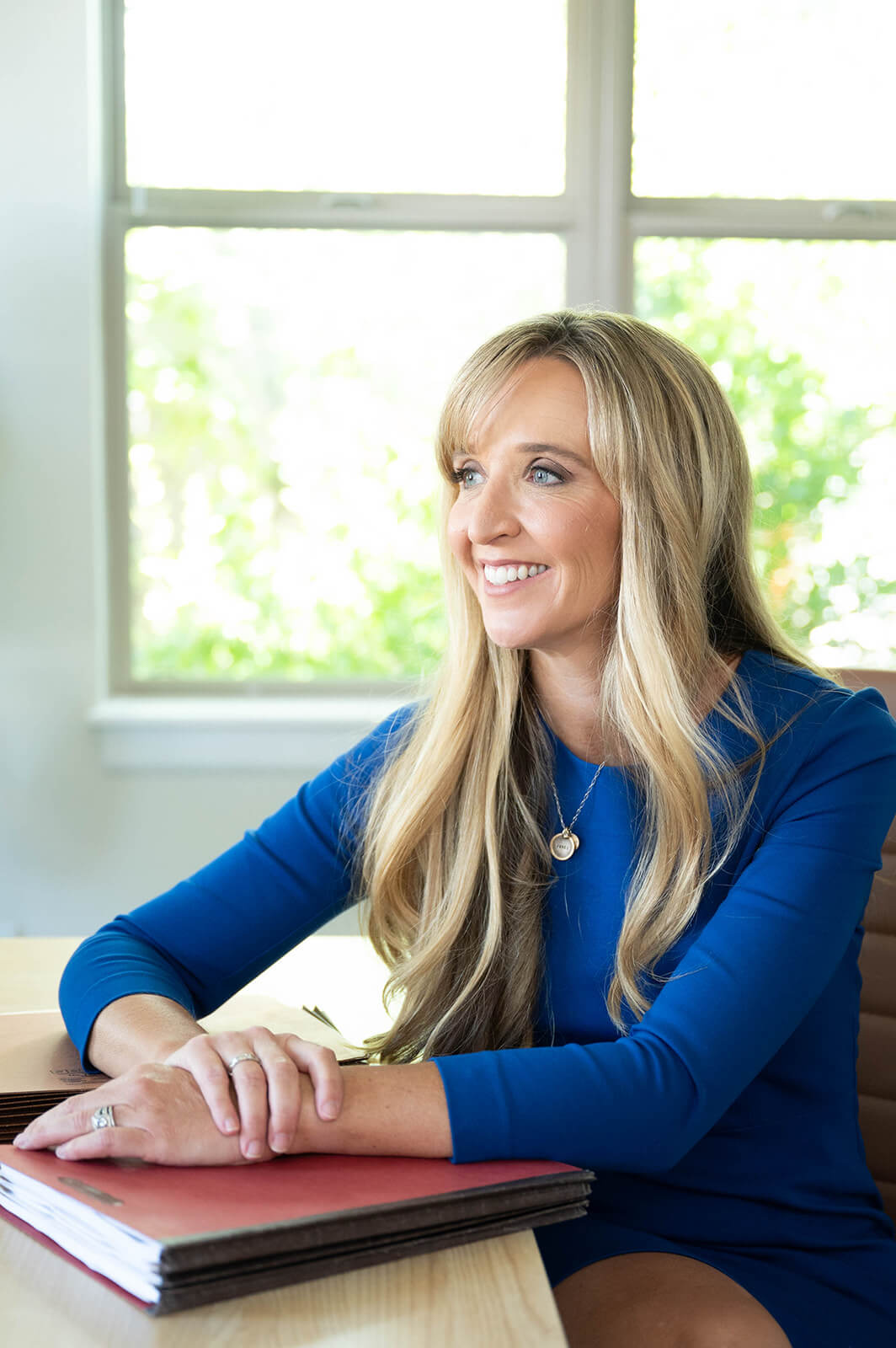
July 17, 2024
Anne Frankovich v. Walmart, Inc.
Director and CEO of VDI, Aubrey Corwin, M.S., L.P.C., C.R.C., C.L.C.P., was...
learn more »Contact us at: 800.444.4834
July 17, 2024

On December 1, 2023, amendments to Federal Rules of Evidence 702 took effect. These changes specifically impact expert testimony, as Rule 702 governs who is qualified to be an expert witness and what expert testimony must entail.
The modern iteration of Rule 702 is a result of the “Daubert Trilogy,” which were a series of US Supreme Court cases in the 1990s that established the standards for admitting expert testimony in federal court. Originally, Rule 702 stipulated that an expert may proffer opinions if they can demonstrate to the court that their scientific, technical, or other specialized knowledge will help the trier of fact to understand the evidence or to determine a fact in issue. In 2000, Rule 702 was amended to add further reliability safeguards. Specifically, the testimony must:
Despite this seemingly clear and concise guidance, many courts continued to incorrectly interpret and apply Rule 702. David Berstein perhaps described this best in his paper titled, “The Misbegotten Judicial Resistance to the Daubert Revolution,”1 when he wrote that many courts resisted the judiciary’s gatekeeping role and “continued to apply significantly more lenient standards for expert testimony than Rule 702 permits.” Victor Schwarz and Cary Silverman, in their article titled “The Draining of Daubert and the Recidivism of Junk Science in Federal and State Courts,”2 claimed that the inconsistent interpretation of Rule 702 has created “a roulette wheel randomness as to whether sound science will indeed prevail.” A review published in 2020 empirically confirmed this inconsistency by examining 1,059 trial court opinions and finding that 65% did not adhere to the preponderance of the evidence standard.
Seemingly in direct response to this 2020 review, an Advisory Committee on Evidence Rules was established to independently assess the prevalence of the misinterpretation of Rule 702. A June 2022 memorandum from the then-chair of the Advisory Committee on Evidence Rules, Chief United States District Court Judge Patrick Schiltz of Minnesota, confirmed that many courts had failed to correctly apply Rule 702.
The 2023 amendments to Rule 702 are intended to remedy the widespread misapplication of the Rule by the courts. Specifically, the amendment highlights the necessity of proving the three admissibility requirements. As the Advisory Committee explained,3
Rule 702 has been amended in two respects:
(1) First, the rule has been amended to clarify and emphasize that expert testimony may not be admitted unless the proponent demonstrates to the court that it is more likely than not that the proffered testimony meets the admissibility requirements set forth in the rule.
(2) Rule 702(d) has also been amended to emphasize that each expert opinion must stay within the bounds of what can be concluded from a reliable application of the expert’s basis and methodology. Judicial gatekeeping is essential because just as jurors may be unable, due to lack of specialized knowledge, to evaluate meaningfully the reliability of scientific and other methods underlying expert opinion, jurors may also lack the specialized knowledge to determine whether the conclusions of an expert go beyond what the expert’s basis and methodology may reliably support.
The Advisory Committee comments go on to speak to the importance of these amendments with regard to forensic expert testimony,
Forensic experts should avoid assertions of absolute or one hundred percent certainty-or to a reasonable degree of scientific certainty-if the methodology is subjective and thus potentially subject to error.
Expert opinion testimony regarding the weight of feature comparison evidence (i.e., evidence that a set of features corresponds between two examined items) must be limited to those inferences that can reasonably be drawn from a reliable application of the principles and methods.
Rule 702 now reads (with additions underlined and omissions struck through):
A witness who is qualified as an expert by knowledge, skill, experience, training, or education may testify in the form of an opinion or otherwise if the proponent demonstrates to the court that it is more likely than not that:
(a) the expert’s scientific, technical, or other specialized knowledge will help the trier of fact to understand the evidence or to determine a fact in issue;
(b) the testimony is based on sufficient facts or data;
(c) the testimony is the product of reliable principles and methods; and
(d) the expert has reliably applied expert’s opinion reflects a reliable application of the principles and methods to the facts of the case.
Though seemingly minor, the intended purpose of these amendments is substantial: to ensure that courts perform a proper Rule 702 analysis prior to admitting expert testimony. A court should not simply allow testimony because someone claims to be an expert, and, if an expert overstates an opinion, the court must strike that testimony. This means an expert’s opinion must proceed from a reliable application of a valid methodology in the area of the witness’s demonstrated expertise.
The practical consequence of these amendments is that a significant body of case law has been overruled, and cases in which Rule 702 was misconstrued should no longer be cited as precedent. However, this incorrect case law will not be flagged or removed by Westlaw or Lexis, which generally only identify cases that have been expressly overruled or vacated. Per the Advisory Committee, trial attorneys should rely on the elements of FRE 702, not seemingly related caselaw, as the starting point for the requirement of admissibility. As such, the amendments may have clarified the standard regarding expert testimony, but in doing so, have shifted more responsibility to the expert, who must proffer a rigorous and relevant opinion within their field of expertise, and the attorney, who must properly advocate for the admissibility of their expert’s testimony.

July 17, 2024
Director and CEO of VDI, Aubrey Corwin, M.S., L.P.C., C.R.C., C.L.C.P., was...
learn more »